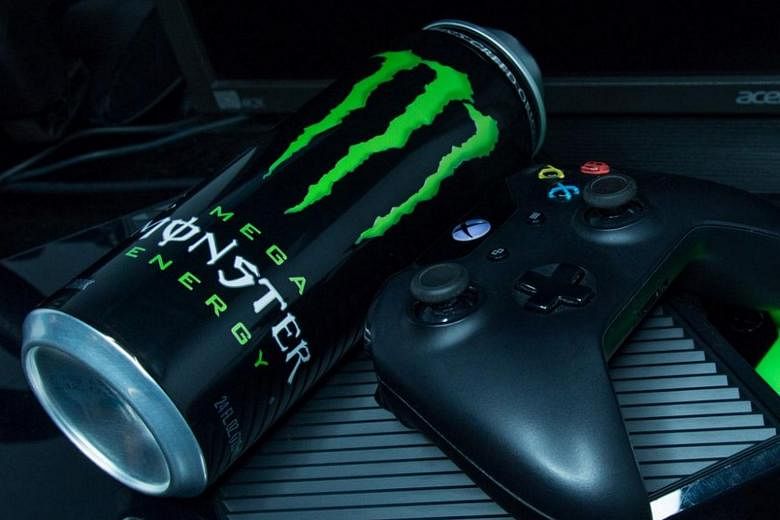United States energy drink manufacturer Monster Energy failed to block Japanese mobile-game producer Mixi Inc's move to register its trademark Monster Strike in Singapore for its popular mobile game.
A trademark registrar held that Energy's bid to ring-fence the word "monster" for its own use was unjustified as both products operate in different business fields and the marks were more dissimilar than similar.
"Stripped of its legalese, this dispute is, at heart, about one trader's battle to fence off an ordinary English word - monster - for itself, and to exclude others," said assistant registrar of trade marks Gabriel Ong from the Intellectual Property Office of Singapore in decision grounds last month.
Mixi Inc had applied in June 2014 to register the trademark for Monster Strike under two categories.
One broadly involves computer and mobile game software, related accessories and hardware. The other category was for a variety of services, including providing video games through various media.
Both fall under Singapore's Trade Marks Act and apply in Singapore.
Energy's lawyer, Mr Just Wang, in opposing the move, argued that the word "monster" formed a distinctive and dominant portion of its marks. The drink manufacturer had earlier registered trademarks in Singapore such as Monster Detox, Monster Rehab and Java Monster, as well as Monster Energy, as part of its Monster family of trademarks.
It chose to oppose the registration of Monster Strike in particular because it was most similar overall to Monster Energy.
Mixi Inc lawyers William Ong and Dhiviya Mohan contested the claims, underlining conceptual, aural and visual differences.
Mr Gabriel Ong found both marks to be more dissimilar than similar, noting that the second word in each differentiated the marks. He added that the marks were registered for types of goods that are unlikely to cause confusion among consumers.
There is also no risk of misperception of co-branding nor any likelihood of confusion as the public at large recognise Monster Energy drinks not by reference to the words but the accompanying trademarks above the words, including the "claw" graphics. "It is one thing to describe the goods as Monster Energy, but how they are marketed and sold is another matter," added Mr Gabriel Ong, noting that each can of the Monster Energy drink "invariably bears the claw device", although there were minor variations to each product range.
In a 48-page judgment, he found that the opposition by Monster Energy to Mixi Inc's application failed on all grounds and ordered costs for the game producer.


